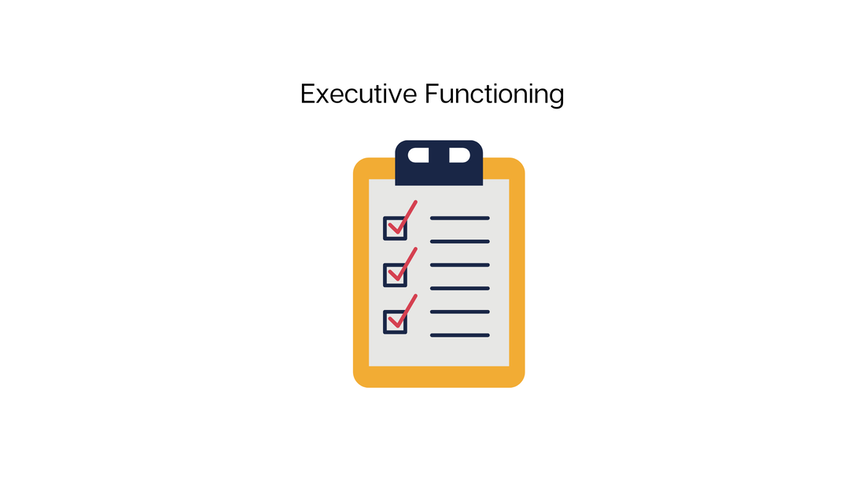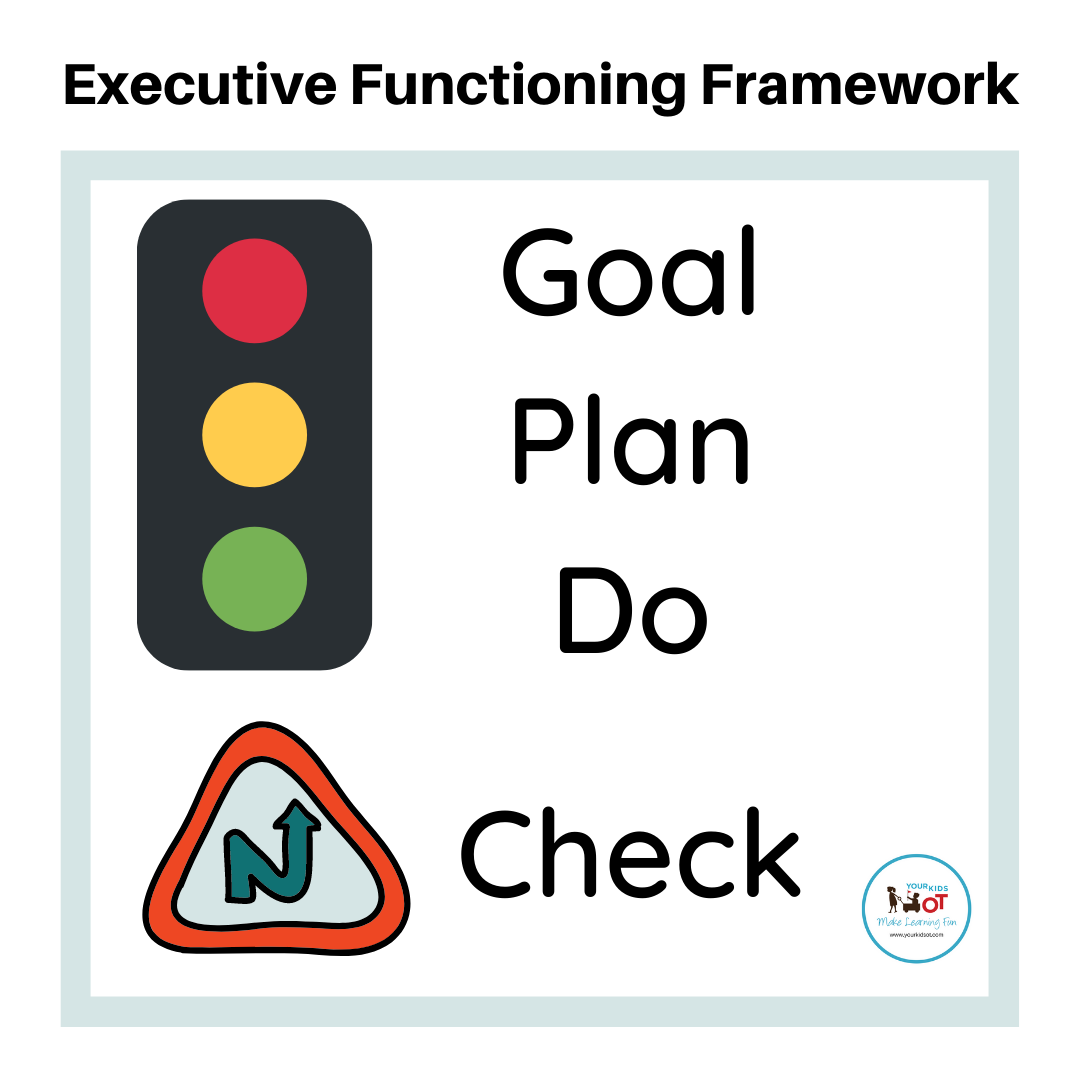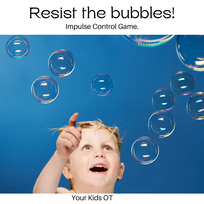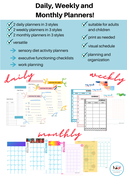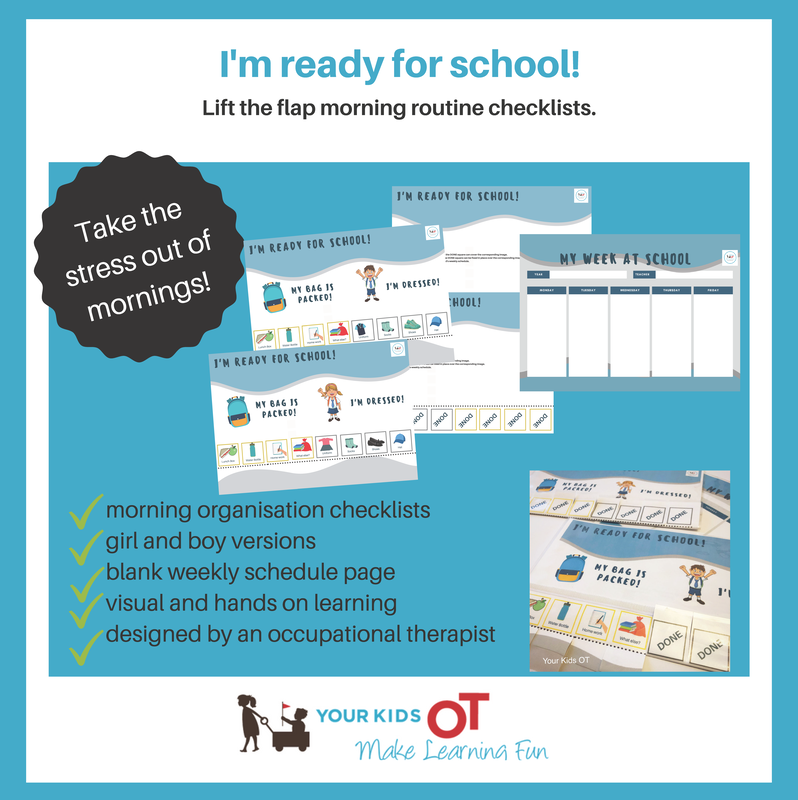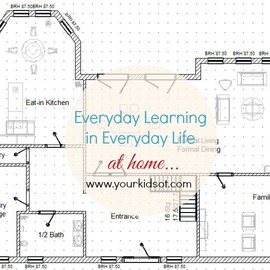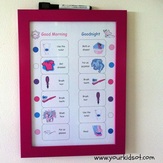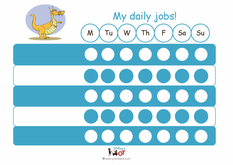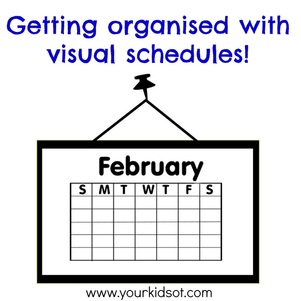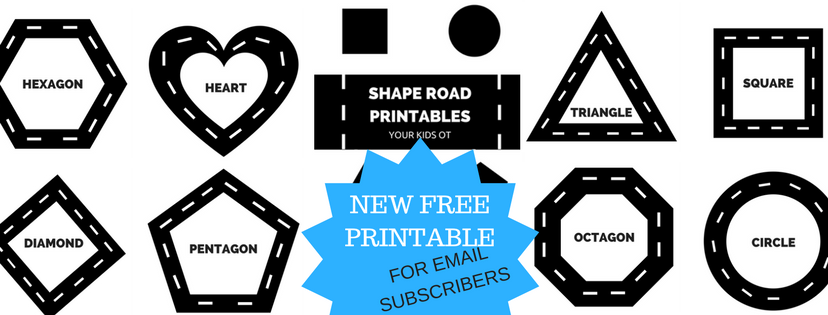So much of our daily lives involves the ability to think about what we want to be doing, set goals, put together a plan of sequenced actions, regulate our behaviour and emotions, be flexible with our plans, work out a time frame to carry out the plans, stick to that time frame whilst doing the steps in our plan. Then, checking on what we did in relation to what we wanted to do; whilst also being aware of and thinking about how our actions affect others around us.
Executive functions are complex and even harder with tasks that we don't enjoy or that others expect us to do (but we would rather run the other way). How do we start a task when it seems so difficult? Why can others do something that I can't - why should I then try? Executive functioning involves organising body movements, thoughts, ideas, language, objects, time and emotions. It can affect a child's ability to perform everyday tasks.
Occupational therapists work with children who have difficulty with executive functioning. This can include helping children who have difficulty (but is not limited to):
- completing the morning routine before school
- starting a task that seems difficult (eg. handwriting)
- managing homework demands
- participating in the classroom during group activities
- participating in the classroom during self-directed learning
- organizing belongings and their own body with tasks
Occupational therapists can assist children with executive functioning difficulties by assisting them to:
- break down tasks into small manageable steps
- set goals which are measurable and achievable
- find ways to self-edit or self-check (eg. checklists)
- use tools to manage time
- use tools to manage task requirements
- regulate emotions and social thinking (eg flexible thinking, recognising the size of a problem)
- use sensory tools and techniques
- foster a growth mindset and a positive inner coach
- modify tasks or environmental demands
- use adaptive equipment
- educate parents and teachers
You will find lots of tips and examples of ways to assist your child with planning and organisational skills below. (This page is under construction - April 2021).

